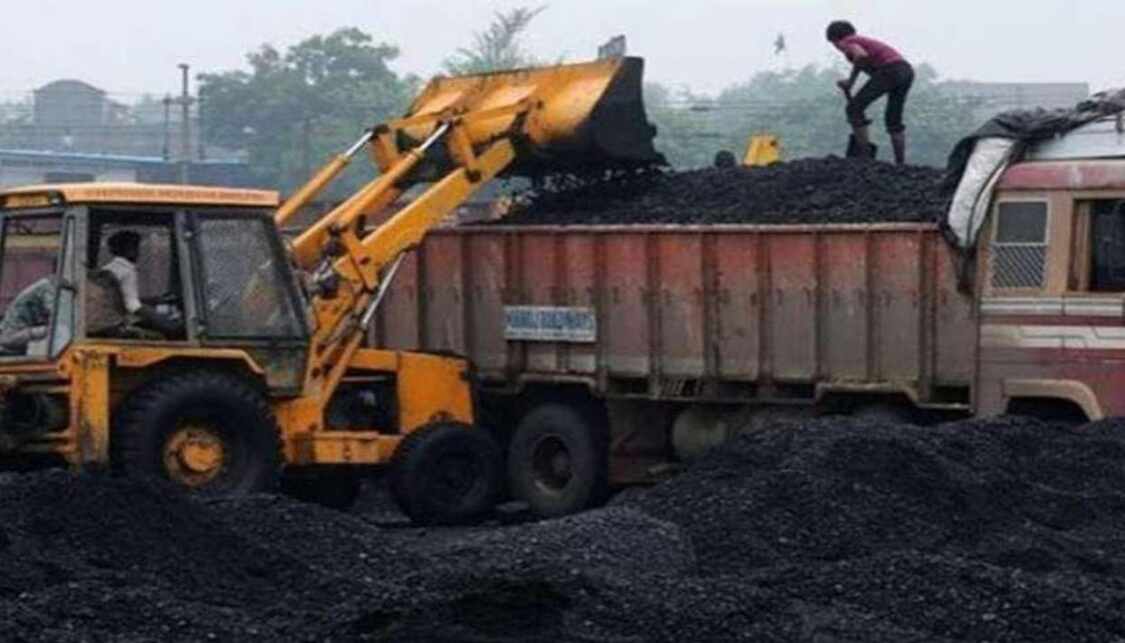A crisis?

All of a sudden, it has started to appear that the power we consume in our daily lives is not to be taken for granted. The phenomena of power shortages and outages the world over offer a disturbing picture. Apart from making a dent directly in our new lifestyle that is intricately centred around domestic power consumption, the current crises also hinder the operation of drivers of our economic growth — industries and electronics. India faces a different sort of dilemma on this front — it is still confused whether to call the current situation a crisis or a normal condition. So, in the very first place, it is slightly ambiguous as to what sort of strategy India should adopt — devising strategies cannot be the same in both cases, it will have to take a different course. The dichotomy has come to the fore as on one hand, the Union Power Minister RK Singh has outrightly denied the existence of any power crunch in Delhi, and fretted upon the 'unnecessary hype' created around the issue. On the other hand, we have several state governments — including Punjab, Karnataka, Kerala, New Delhi, Maharashtra etc.— that have shown clear signs of power shortages. Some of the states have clearly sought help from the Central government. This is further backed by the data from the Central Electricity Authority of India, which had implied that on October 5, out of 135 thermal plants that use coal for power generation, 106 had stocks left for just around a week. This completely contradicts what the power minister had to say around the current power crisis/non-crisis. The centrality of the power sector in our lives certainly calls for an end to the dilemma. The concerned Central and state agencies must coordinate among themselves and come out with a synchronized analysis of the situation that we are in. Irresponsible or unauthentic remarks at this juncture would add chaos to the situation — adding another layer to the problem. Effective, clear and authentic public communication around strategic issues that are so central to the lives of the people is a must-have feature for the smooth running of a democratic society. Creating an unnecessary hype or downplaying legitimate concerns in the current scenario — both could prove injurious to the current state of affairs. Both the Central and state governments need to understand that excessive political gimmicks should spare strategic sectors. Such sectors cannot be allowed to become experimentation grounds for floating political rhetoric. Apart from producing tangible disruptions in form of policy logjam, ugly politics around strategic issues is also a contempt of the people by way of manipulating their thoughts in a way that would make their lives tough. Meanwhile, going by the data and facts — crisis or not — there is certainly a great scope for improvement in the way we have been consuming power at the domestic and industrial levels. The short-term reasons attributed to the power 'crisis' in India include — a sudden spike in the post-pandemic power consumption inconsistently against the slow revival of production units. This has been coupled with irregular rainfalls that have hampered the coal supply in various regions. However, the coal crisis can be looked upon in a larger perspective where the traditional fuels are expected to give way to renewables. So, to say, the coal-based production systems are destined to be hit hard as the reserves of fossils are fast depleting and have gained notoriety for harming the environment. In the long term, the coal crisis in India can be seen as both an opportunity and a challenge in this direction. Firstly, despite improving its performance in transitioning towards the renewable energy sector for power demands, India has been still wary in wiping out coal from its power generation mix. This, however, is not the case with some developed nations that have taken significant steps to restrict their coal usage. The current coal crisis across the nations may send a negative perception among consumers that transitioning from fossils to renewables comes with its own set of hardships. At the same time, it provides an opportunity for developing nations to boost their green transition efforts as the fallacies of fast-depleting reserves of fossil fuels have come to expose the limitations of coal and other fossil fuels. It may just be the right moment to bring the discourse around the use of renewables for power generation on the dais in an ever-stronger and firm manner. However, in the immediate future, the Central and state governments must coordinate on the issue to take stock of the situation and chalk out holistic short-term plans to prevent the situation from deteriorating further. The onus also greatly lies upon the public at large. Have we still realized the gravity of the issue, and are we willing to change the ways in which we consume power?



